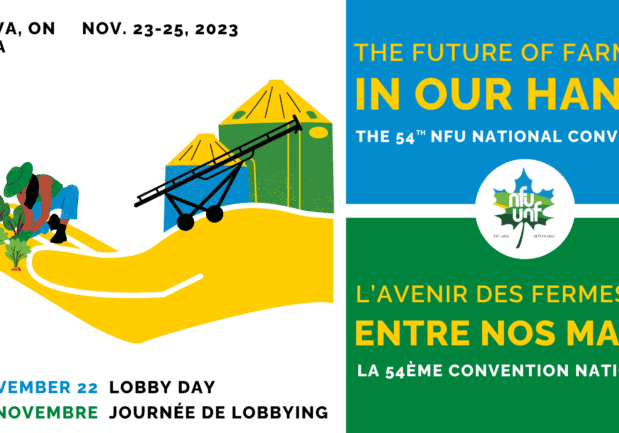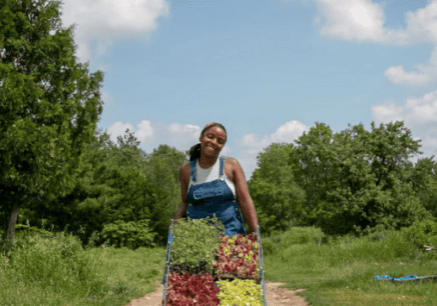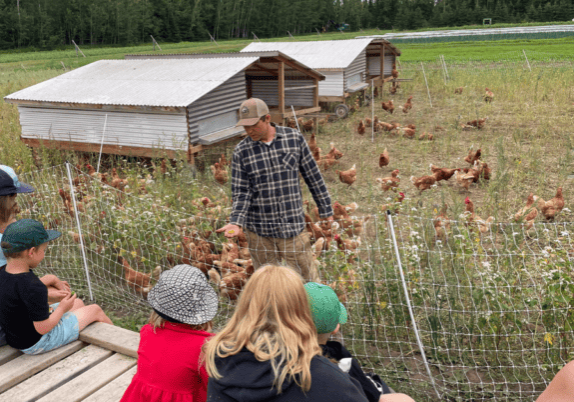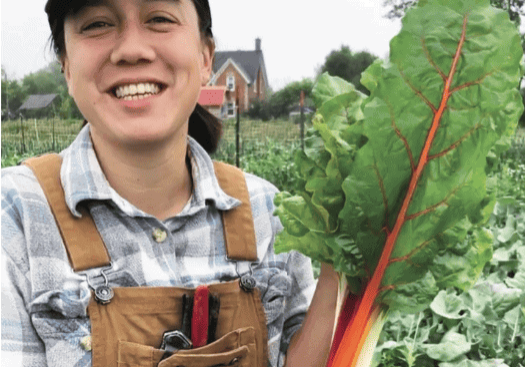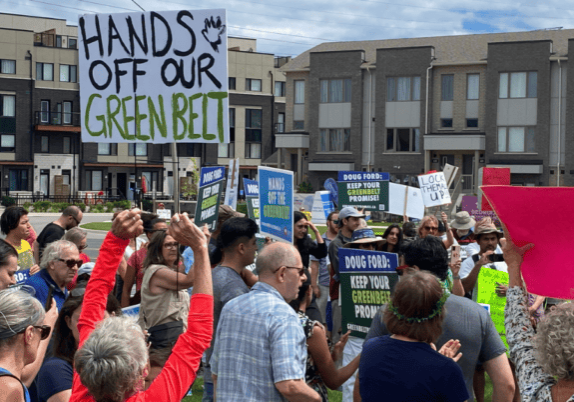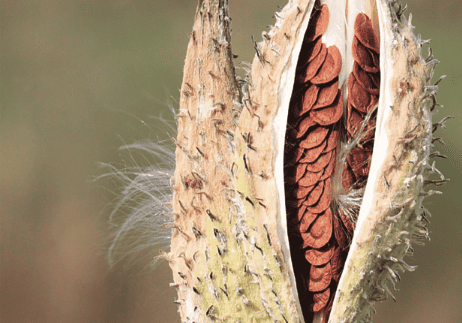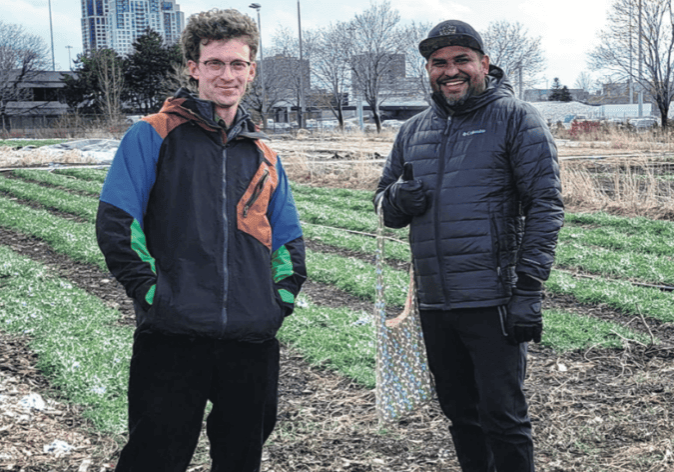Supporters Welcome Prison Farm Feasibility Study
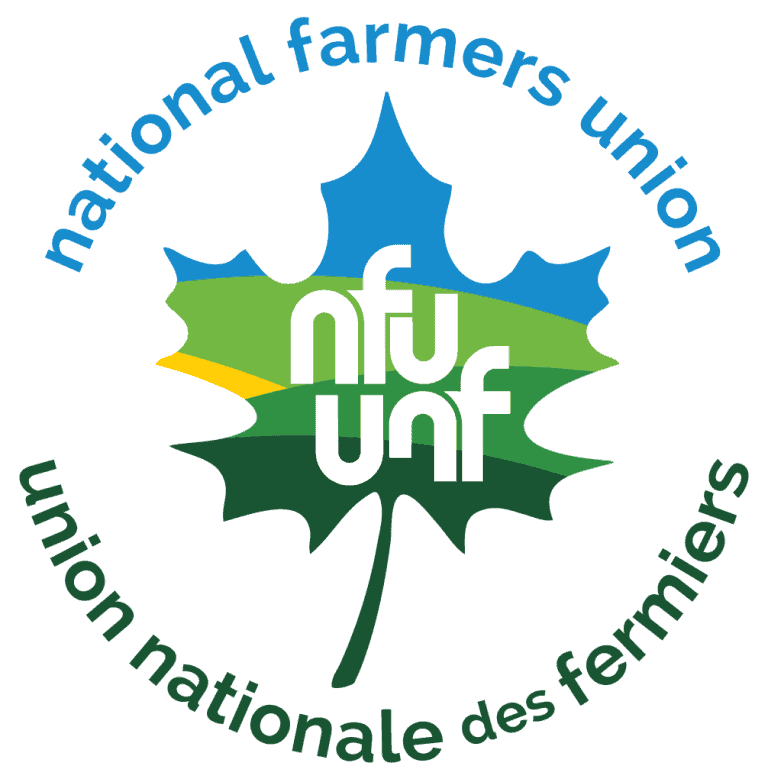
June 8, 2016 KINGSTON, Ontario — Prison farm supporters welcomed the announcement last week that the federal government will conduct a feasibility study on restoring the Kingston prison farms.
“We applaud that Public Safety Minister Ralph Goodale has included public processes in the feasibility study,” said Dianne Dowling, a member of the Save Our Prison Farms (SOPF) organizing committee. “Members of the public will have the opportunity to contribute to an online survey and to attend a town hall meeting in Kingston.”
“The feasibility study on restoring the prison farms will allow citizens, business leaders, and other interested stakeholders to share their visions for what the program could look like, and it will allow the Government to review the cost and efficacy of its reinstatement,” according to a statement by MP Mark Gerretsen (Kingston and the Islands).
In 2010 the Conservative government ended the prison farm program at six minimum security prisons across Canada. Two of the six prison farms are located within the boundaries of Kingston, and hundreds of people in the Kingston area were involved in 2009 and 2010 in an effort to prevent the closure of the farms.
One of the prison farms in Kingston, Frontenac Institution, had a large dairy herd and several thousand laying hens. The farm provided milk and eggs to prisons in Ontario and donated eggs to the local food bank.
The other farm, at Pittsburgh Institution, has an abattoir serving beef farmers in the region who sell to the local market. The fields at that farm are rented to nearby farmers for crops and pasture.
“Many people said closing the prison farms didn’t make sense,” said Jeff Peters, also a member of the SOPF organizing committee. “The farms provided meaningful work experience and training, as well as rehabilitation and therapy. Prison staff told us that inmates who participated in the prison farm program were less likely than inmates overall to re-offend when they were released, so the program made our communities safer.”
Upon release, inmates obtained employment in manufacturing, truck driving, heavy equipment operation and construction, as well as work related to agriculture.
“Many people said it was a good idea that inmates were contributing to the prison system by producing food for it,” said Peters. “As well, the prison farm helped support farm service businesses in the area, which was good for farmers and the local community.”
“Another important reason to save the prison farm program is to preserve the farmland,” Dowling said. “The two prison farms in Kingston total about 1500 acres of some of the best farmland in our area. Without a prison farm program, the farmland could be at risk. Given the uncertain political, economic and climate situation of the world, every community needs to increase its ability to feed itself. Kingston needs that land to stay as farmland as a source of food security.”
In August 2010, when the dairy herd at Frontenac Institution was removed from the farm to be sold, prison farm supporters formed the Pen Farm Herd Co-op and raised $30,000 in a week through $300 shares. The co-op bought 23 cattle from the prison herd and has been “fostering” the cattle at area farms since then. The herd now numbers just over 30 cattle.
“Both the Liberal and New Democratic parties supported saving the prison farms, and committed to restoring the farms if they were elected to government,” said Peters. “So we bought some of the cattle, with the plan to sell the cattle back to Corrections Canada when the program is restored.”
“Another sign of the determination of our supporters is the weekly vigil,” said Peters. “Every Monday night since the cattle were removed, vigil-keepers have been at the entrance to Frontenac Institution, to remind the government and the public that closing the prison farms was a mistake that can be corrected.”
Dowling and Peters are members of the board of directors of the co-op, and also members of the National Farmers Union.
“During the campaign, there were about a dozen people on the organizing committee, and hundreds of people participating in advocating to save the prison farms,” said Dowling. “The SOPF committee persevered because the supporters persevered, and contributed their energy and resources to the campaign. We thank them for their support, and we thank our Kingston and the Islands MPs, Ted Hsu and Mark Gerretsen, for their work in advocating for the prison farms.”
The link for the online survey is http://www.csc-scc.gc.ca/consult/index-en.shtml The survey will be online until August 4.
“Anyone in Canada is able to complete the survey,” Dowling said. “Please submit your ideas about the value of the prison farm program and how it can contribute to good corrections and to the community.
– 30 –
For more information:
Dianne Dowling, 613-546-0869 or dowling@kos.net
Jeff Peters 613-353-2403 or orbitval@kingston.net


